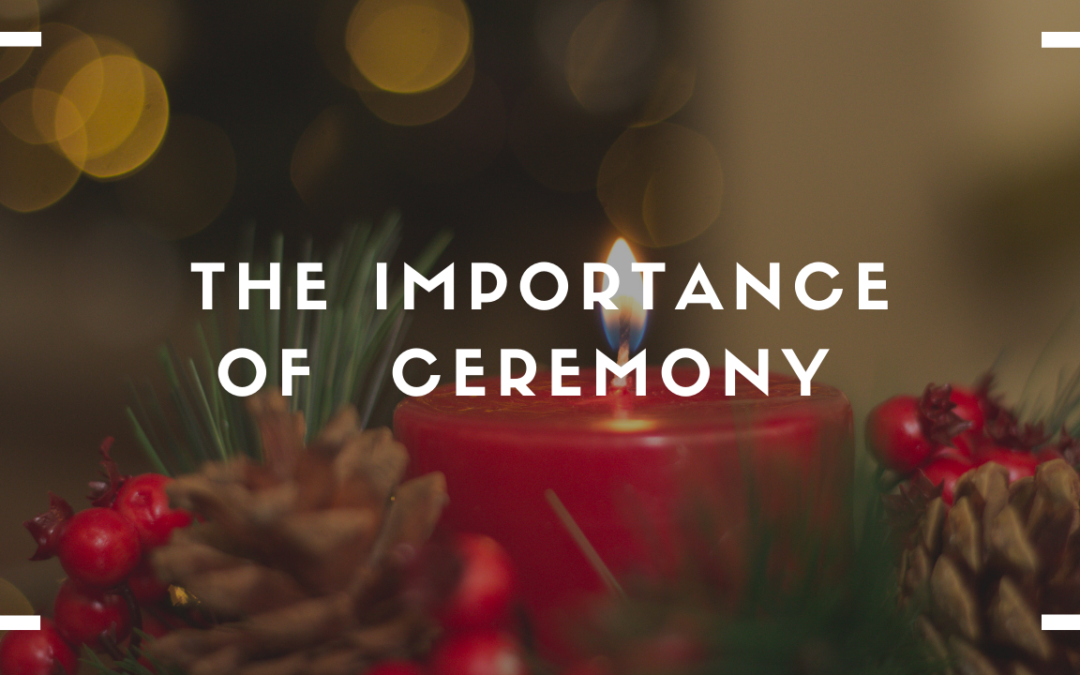Written by Lauren Helton
From the very beginning of creation, humans have shown a remarkable propensity for forgetfulness. In the garden of Eden, Eve was easily deceived by the lies of the serpent when he misquoted God’s words to her. The Israelites quickly forgot the many miracles and provisions of God for them during their deliverance from Egyptian bondage when they were tested in the wilderness. After centuries of anticipation, God’s people didn’t even recognize their long-awaited Messiah because they had forgotten what signs they were to look for. It is certainly no revelation to me that I am very quick to forget the faithfulness of God in my own life when circumstances press in on me. It is because of this reality that God, in His tender understanding of our weakness and great patience towards us, has called us over and over in the Bible to remember through the means of ceremonies, symbolism, and stories.
In the Old Testament, we see God’s wisdom in instituting for His people ceremonies and feasts that would recall to their minds His goodness and faithfulness to them – not only for their sakes, but for the sakes of those who would come after as well. Through such vivid imaging as the saving blood of the passover lamb, the bronze serpent that Moses raised on a pole for the healing of all who gazed upon it, the ark that delivered to safety those who took refuge in it, the sacrificial ram in the thorn bush that God provided in place of Isaac, we are reminded of gospel truths in a way that dispels forgetfulness. In the New Testament, Jesus instituted the sacraments of baptism and the Lord’s supper, as outward symbols of the gospel that has transformed our hearts. Jesus was also a great believer in using symbolism in the form of parables to help us understand deep truths about His heart and His kingdom and to make them easy to remember and share.
There is a great desire in today’s progressive-minded society to push back against old traditions and ceremonies which our ancestors and the church have long held dear. This is partly to the good as some traditions do not have any value in pointing us to God and truth and are better left in the past. We do ourselves and our children a great disservice however to dismiss ceremony and rituals with spiritual value simply out of a desire to show ourselves open-minded and forward-thinking. As American novelist Ellen Glasgow said, “All change is not growth, as all movement is not forward.” Ceremony, in and of itself, holds little value; it is only to the extent that it points us to the meaning behind it that it is important.
If God Himself, our maker and the One who understands us better than anyone else, believes we need regular reminders of truth, then we should be very hesitant to dismiss them ourselves.
“Remember the days of old; consider the years of many generations; ask your father, and he will show you, your elders, and they will tell you.” – Deuteronomy 32:7

Such a good reminder, especially during advent!